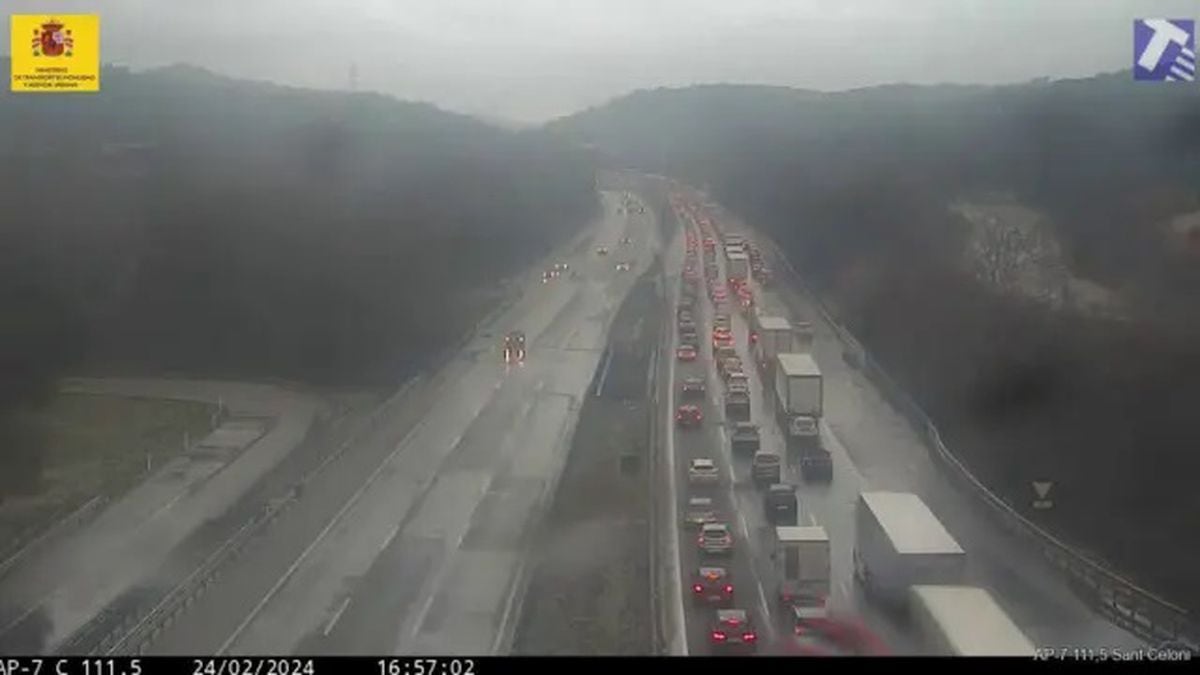Father Frost and Mrs. Holle can get started: The road maintenance depots in the Bad Tölz-Wolfratshausen district consider themselves well equipped for the coming winter weeks.
Bad Tölz-Wolfratshausen - There have already been the first frosty nights in the district, for the next few days the weather frogs are announcing snowfall down to the lowlands.
The road maintenance depots consider themselves well equipped for the fight against snow and ice.
Around 14,000 tons of road salt are stored, and more can be ordered if necessary.
According to a press release from the State Building Authority in Weilheim, the first deployments in winter 2021/22 have already been "driven".
The de-icing agent is stored in the salt halls in Weilheim, Gilching, Wolfratshausen, Bad Tölz, Oberau, Landsberg and Peiting.
If Father Frost and Mrs. Holle give the region a severe winter in the next few weeks, “the road maintenance authorities can call up up to 15,000 tonnes of additional road salt at short notice,” said the road construction authority in a press release.
With this reinsurance one is also armed in the event of an "above average winter".
Winter service: 1550 kilometers of roads have to be cleared
The Weilheim authority looks after more than 1,550 kilometers of federal, state and district roads that run through the five districts of Starnberg, Landsberg, Weilheim-Schongau, Bad Tölz-Wolfratshausen and Garmisch-Partenkirchen. In order to keep the asphalt free of ice and snow, the Road Construction Office has 65 of its own and rented vehicles, which are equipped with snow plows and automatic gritters. Snow fences are set up on road sections that are particularly dangerous for road users in winter to prevent snow drifts.
For an effective and at the same time economical winter service "a reliable weather forecast as early as possible is of crucial importance," states the Weilheim authority.
For this reason, weather radar images and the road condition and weather forecasts of the German Weather Service as well as data from 20 local road weather stations in the area of responsibility of the road construction authority are available to the road maintenance authorities around the clock.
These continuously updated information about the road temperature, the precipitation and the salt concentration on the road.
Bad Tölz-Wolfratshausen: Winter service starts before 4 a.m.
On federal and state roads with above-average traffic, such as the B17 south of Landsberg and the B2 between Starnberg and Garmisch-Partenkirchen, it is particularly important to be able to drive. "If necessary, the winter service is carried out around the clock", informs the authorities. The rest of the road network is primarily "kept in a passable condition" between 6 am and 10 pm. In the Bad Tölz-Wolfratshausen district, too, more than half of the winter service operations begin before 4 am - "in order to be able to remove slippery roads caused by snow, frost or ice at night before the rush hour starts".
The winter service, emphasizes the road construction authority, follows the principle "as much salt as necessary, as little as possible". In terms of effectiveness and economy, salt continues to be the best thawing agent. By moistening the dry de-icing salt with a salt solution (brine) immediately before spreading it, "the losses due to drifting and being thrown away are reduced and a more even distribution of the salt on the roadway is guaranteed". That is why all clearing and gritting vehicles of the road administration in the Free State of Bavaria are equipped with so-called wet salt spreaders. According to the press release, the latest generation of winter service vehicles has combination spreaders which, depending on the weather, can be used to spray brine as well as wet or dry salt on the streets.When applying brine (this is possible up to a temperature of minus 5 degrees), “the amount of salt required is reduced and the duration of action on the roadway increases, the consumption of road salt is reduced again compared to wet salt”.
Slippery road: Urgent appeal to road users
The winter service is well prepared, but drivers should now also be prepared for slippery roads, drifts or, in the case of prolonged precipitation, for a closed blanket of snow.
The road construction authority points out in this context: "If, for example, heavy snowfall only begins shortly before the onset of rush-hour traffic, it will be difficult for the employees of the road maintenance service to clear the frozen snow as usual in heavy traffic or in traffic jams."
Every single road user can therefore make an important contribution to road safety in winter: the car belongs from O to O, from October to Easter winter tires with sufficient tread depth, and the driving style should always be adapted to the weather conditions.
(cce)
(By the way: Everything from the region is now also available in our regular Wolfratshausen-Geretsried newsletter.)







